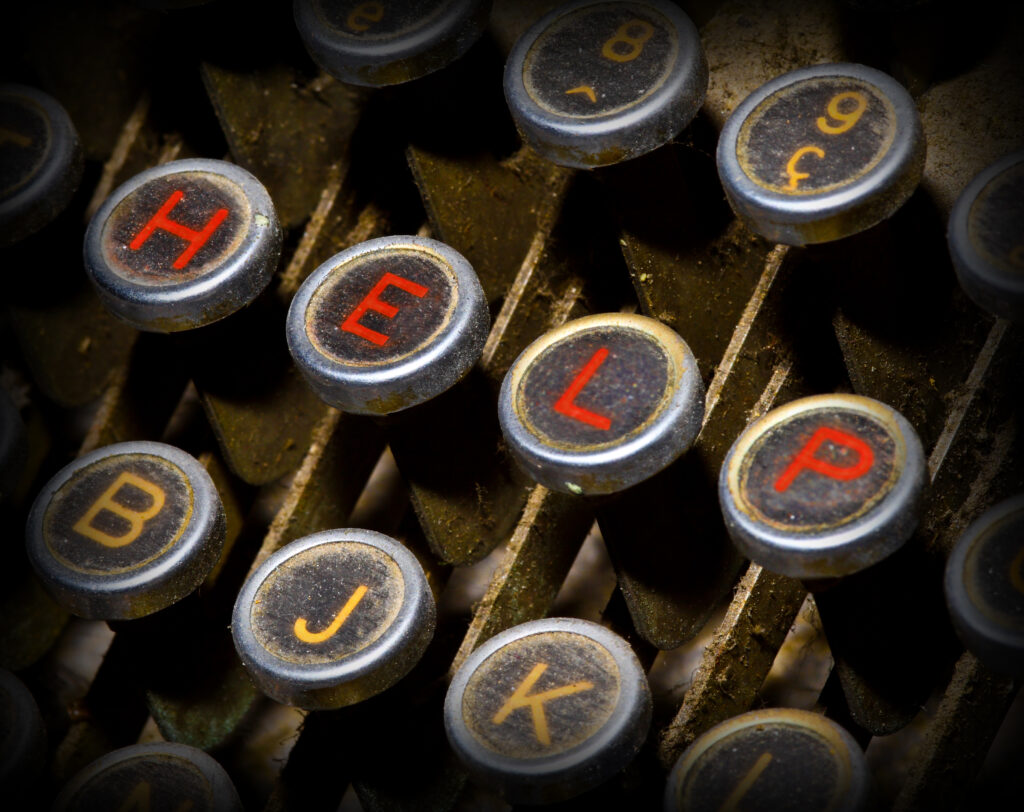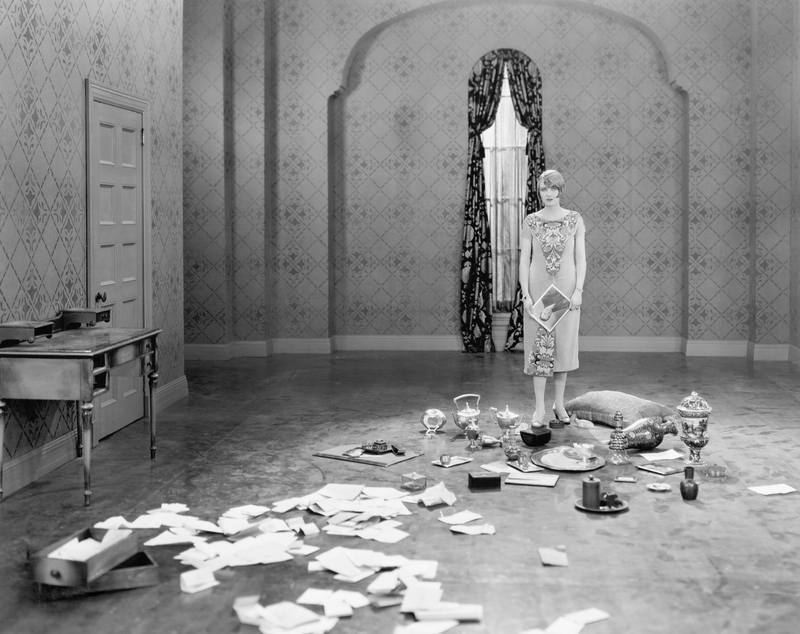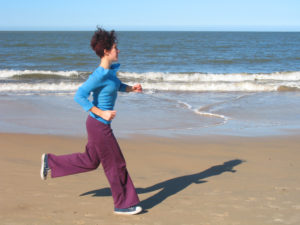By Colette Duggan
I have always loved a hat, in fact for many years, I was rarely seen without one. While styles have changed and my head gear is now only worn on cold days or at weddings, I still find myself wearing many metaphorical hats.
I assume, you are not here to read about all of my hats, but two might be of interest – writer and editor. But first a wee explanation of how I got here. A love of reading and writing led me first to an English degree, then a post-grad in Librarianship and a career in education.
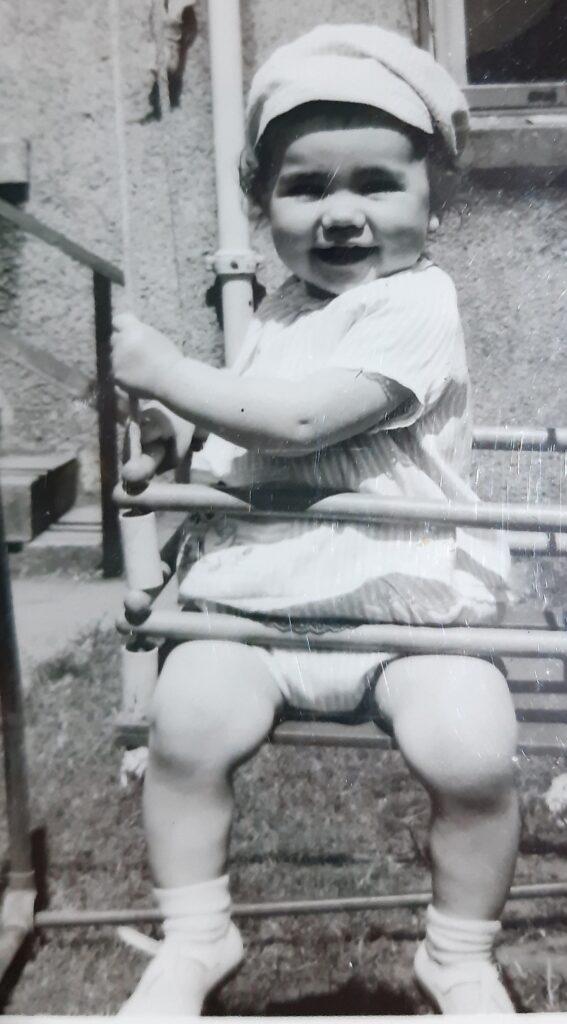
Three children and a plethora of care responsibilities later, I was working in a supermarket, wondering how I had veered so dramatically off track. I was writing though, and as Colette Coen, I racked up a few short story prizes and publications, and self-published a novel. While one of my writing buddies wrote a best seller, I was still at the £10 and a free copy of the magazine (if I was lucky) end of the market. So, something had to change. I looked at how I could marry my love of language with a new career. Specifically, I needed a job that I could do at home.
As my care responsibilities increased, keeping even a part-time job became untenable, but not working was not an option – bills to pay etc. I completed Proofreading 1 with the Society for Editors and Proofreaders when I was still working at the supermarket. Then, when I left, I took the longer Essential Proofreading with the Publishing Training Centre. I chose to study both online and with the support of my local Chartered Institute of Editing and Proofreading (ciep) group (many of whom also belong to the Glasgow Editors Network) I upgraded to intermediate membership of ciep.
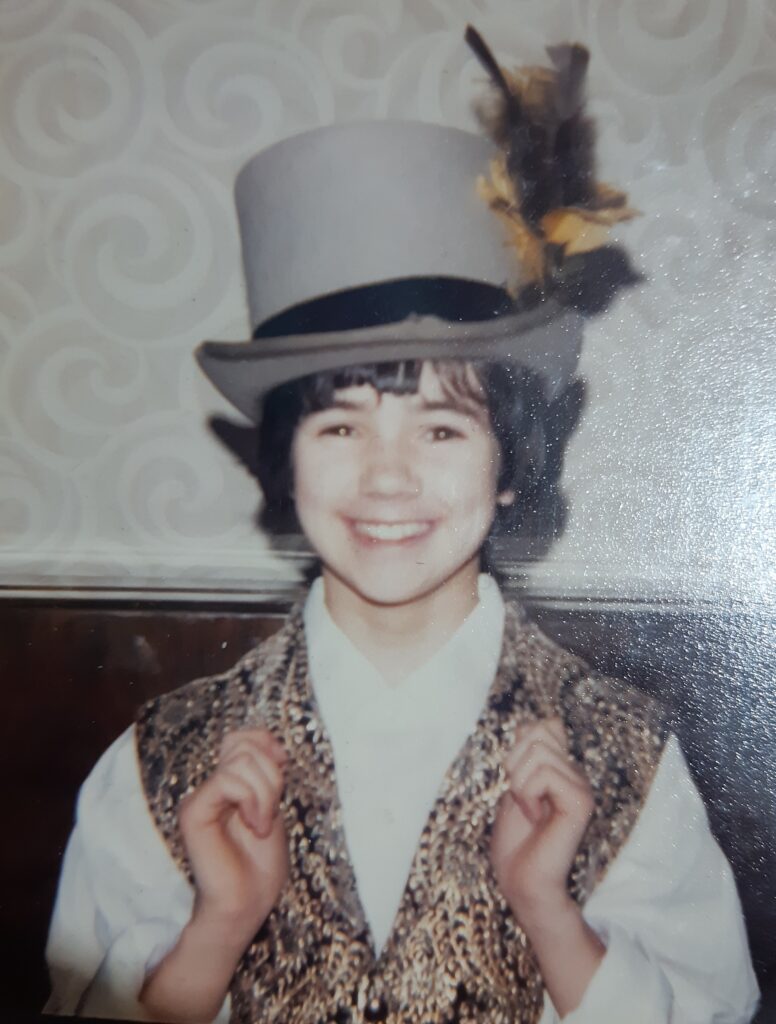
So, back to the hats. Editing and proofreading give me an income, while writing is part of who I am. I love working with words and while it took a long time, I’ve finally figured out what hats I want to wear. It is very useful that the skills needed to be a writer and an editor, dovetail, and the knowledge required for both are complementary. Writing magazines helps me creatively, while I can also keep up-to-date with the latest from the publishing world. Similarly, my experience as an editor, not only helps my clients, but allows for greater understanding of my own writing style and foibles.
I am adept at keeping to specific word counts (which most competitions require) and find that when an author wants excess words cut, I am good at trimming the fat. I derive a strange pleasure when I am editing a dissertation, rearranging sentences or tidying grammar, to find that I have reached the exact word count required. Something is obviously going on in the background of my brain, and the odd glance at the bottom of the screen helps keep me on track.
I also take huge pleasure in thumbing through my dictionaries, thesaurus and Fowler’s Modern English Usage (not to mention countless other word books). While I may be looking to solve a specific issue in a client’s work, I can also add to my creative cache.
The fact that I have self-published my own short story collections and novel means that I can help independent authors get their work online and in print. As an Amazon author, I can share my experiences and help them manage their publications. I can also provide guidance on creative skills and information on outlets for work.
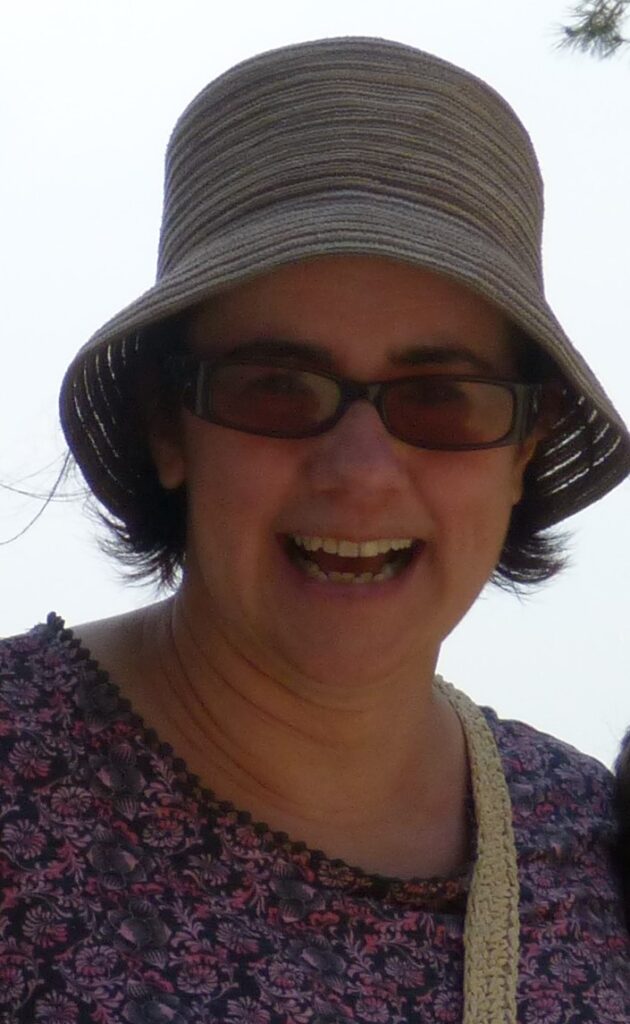
Some people might worry that their ideas could be pinched by an editor who is also a writer, but they can be confident that this is very unlikely to happen. All editors in this network abide by a professional code of conduct and our ethical standards are held to account by the Chartered Institute of Editing and Proofreading. In my many years of writing and taking part in workshops and writers’ groups, I have been amazed how the same prompt can result in a huge variety of work. That means, that even if an idea were to worm its way into another writer’s brain, it would come out as an entirely different piece of work.
At the moment, most of the editing I undertake is academic, so there is no possibility of crossover with my fiction. But even when I am working on someone else’s fiction, I am aware that I am dealing with their words and stories. The thought process that led them to put their words on the page is theirs alone and it is up to the editor to guide and assist, not re-write.
One thing which freelancers struggle with is how to divide their time. It can be difficult to have a clear demarcation between work and life (more hats). This is particularly true when one of your jobs can also be classed as a hobby. I have a simple priority system where the paid work comes first, followed by trying to get more paid work, followed by writing. What I have found really useful, is that the paid work gets me to my computer and once it’s finished, my hands are nicely warmed up to continue typing. Helping others make their work the best it can be, is also a great motivator to do the same for my own work.
Editing and proofreading have also pushed my technical skills further. I regularly dig about in the dark recesses of Word to make my clients work look more professional. My formatting knowledge and IT skills also help when I am presenting my own work, whether in print or on the Internet.
Working freelance can sometimes make it difficult to plan, but I love a spreadsheet and manage to keep things running smoothly. Obviously, there are limits on my time and client deadlines always take priority, but there can be fallow periods. These are the times when I catch up on marketing my business – Beech Editorial Services – and continue my professional development. (I hope to upgrade to become a professional member of ciep in the next year). I also take the opportunity to work on my second novel, ready to swap hats when the next editing job comes around the corner.
Did I tell you my granny was a milliner? Now, that’s another story…
Find out more about my skills and services at Colette Duggan
